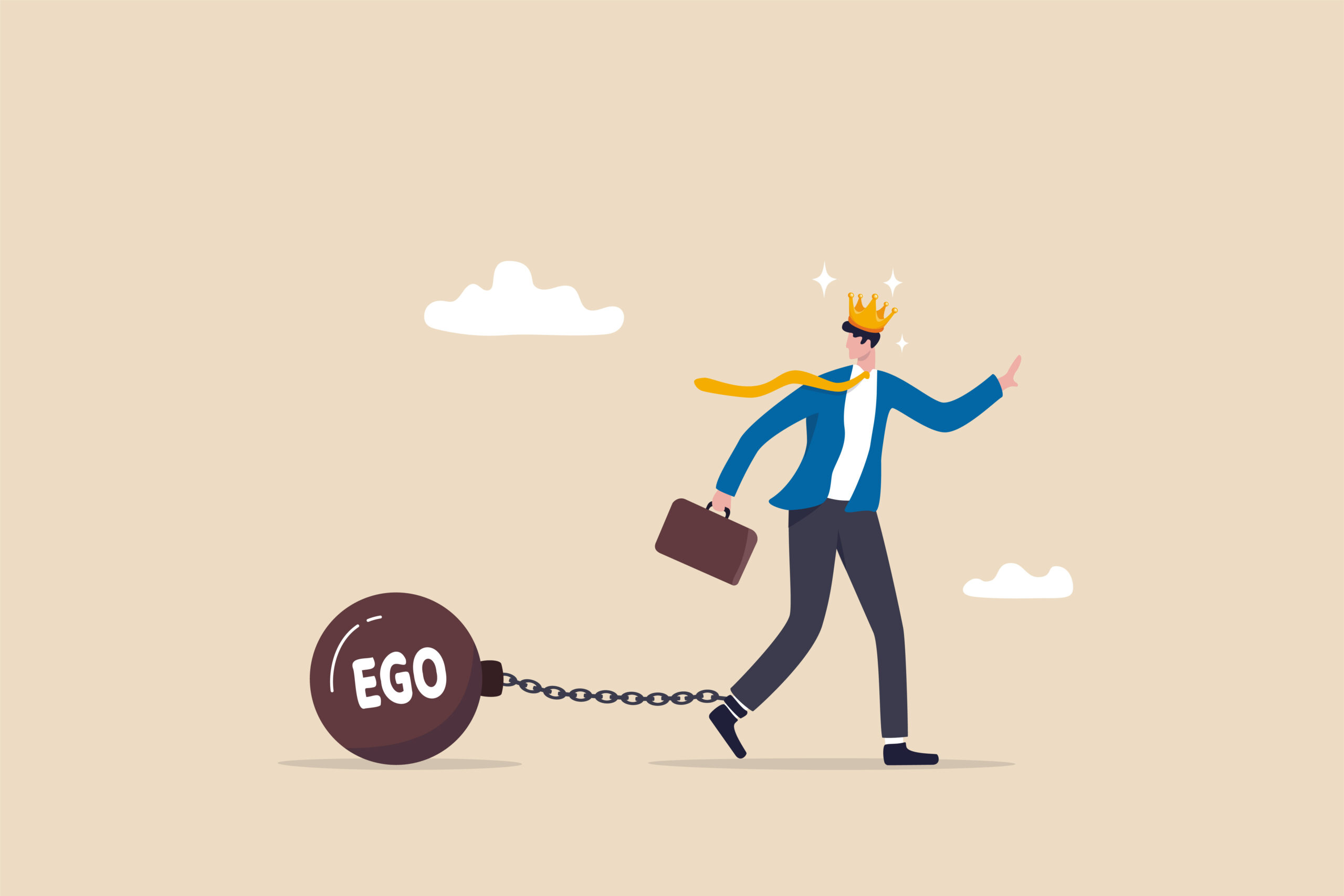(read time: 4 minutes)
One of my favorite definitions of suffering is the following:
“Suffering represents a demand that reality be different than it is.”
Ajahn Brahmavamso
Whose demand? Mine, of course, and yours as well. The ego is that part of us that constantly compares every situation to what we want, to whatever conditions we think will make us happy. That’s obviously not all the ego does, but it sure spends a lot of time doing this. The issue is that the ego only knows happiness when that comparison is coming up positive – perceived reality is meeting or exceeding our demands. This leads our mind to conclude that happiness is a set of external (to our mind) conditions that must be forced into existence. Myriad problems are then created, here’s a few highlights:
- Given that happiness is perceived to be a set of external conditions, we are outsourcing our happiness to a world that doesn’t seem to care much about us. Essentially, we wake up every day and ask the world and everyone in it the very disempowering question, “What kind of day do I get to have today?”
- Creating and maintaining external conditions requires a ton of effort, time, and money. So, get ready to work – a lot.
- As a species, we are truly insatiable – what we want constantly changes and we are never fully or permanently satisfied with what we have. You think you’ll be happy if you can cut off the unpleasant side of experience, but this experiment is easy to run: go put your favorite song on a loop for the next three months and let me know what happens. Wait, don’t do that, I don’t want you to end up hating your favorite song, which you will.
- Impermanence. Everything is constantly changing, and this is awful for us given the strategy of getting things the way we demand to be happy. It is also the primary source of anxiety – our happiness depends on circumstances that do nothing but change and are largely out of control, therefore anxiety.
- Demands on reality create the conditions for conflict with others who demand different things for their happiness. Two people often aren’t in conflict, their neurotic demands are.
- Consumption harms the planet and other beings who are competing with us for those same resources, only the stakes are quite a bit higher for them – much of what we require for our comfort, they require for survival. We cannot cause harm in the world and expect happiness to result, and it is foolish to believe otherwise.
All the above-mentioned problems cause suffering. Being a former electrical engineer, I love a good equation. Here’s one that everyone needs to memorize:
Happiness = 1 / EGO
The more we live as an ego, the more self-absorbed we will be, the more demands we will place on reality, the more it will bother us when we are not getting our way, the more suffering we will cause and endure, the less happiness and joy we will experience. This is completely counter-intuitive because we feel, and consequently believe, that the more we care about ourselves the happier we will be.
It’s not that we don’t matter, that we should completely neglect our desires. The first step in the process is to learn how to be what I call wisely selfish. That means placing others’ needs on par with our own and taking steps toward reducing all demands to mere preferences. The more we are able to do that, the more peaceful and happier we will be. I promise. I’ve got the math to prove it.

